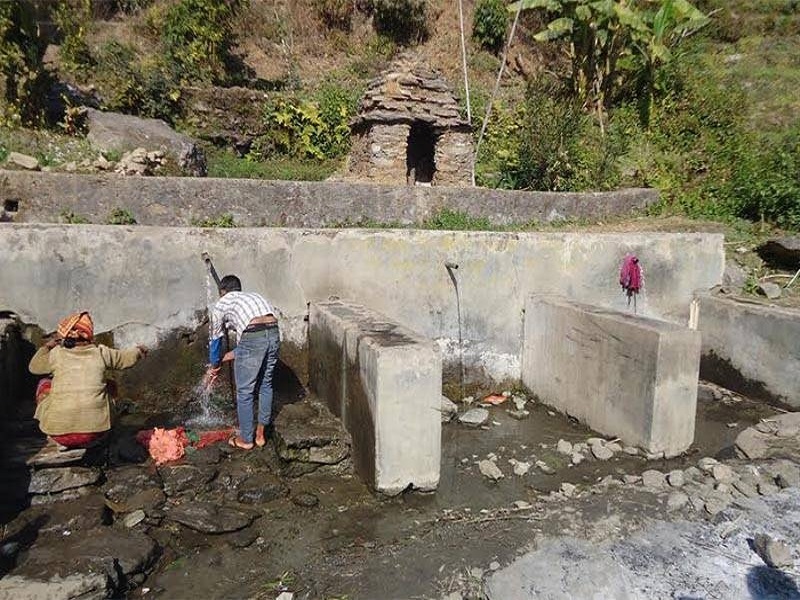Dalit rights activists and local representatives have underscored the need for clear action plan to abolish untouchability.
Chair of Dalit Welfare Association Moti Lal Nepali said at an interaction here today that although the constitution and the prevailing laws prohibited untouchability, Dalits across the country continued to suffer caste-based discrimination.
He said the aim of making the country free of caste-based discrimination had not been achieved and the best option now would be to start the campaign from local levels with a clear action plan. He said the laws guaranteed reservation for Dalits in organs of the state yet the ruling class was trying to render the provisions of reservation ineffective.He said the population of Dalit was more than 13 per cent and yet their representation in government and bureaucracy remained abysmally low.
Nepali said Kirtipur Municipality needed to ensure proportional representation of Dalit in all its operations.
Dalit rights activist Gajadhar Sunar said that the government's failure to work with a clear time line as per short-term, midterm and long-term action plans was the main reason why even in the 21st century Nepal had not been able to abolish caste-based discrimination and untouchability.
He said the ruling class was responsible for perpetuating the problems of untouchability. Sunar also said that unless all institutions, particularly political parties, ensured proportional representation of Dalits, just representation of Dalits in state organs wouldn't become a reality.
Mayor of Kirtipur Municipality Ramesh Maharjan said that it was high time the stakeholders championed the cause of class struggle along with the struggle against castebased discrimination. He said the so-called upper caste people were creating all sorts of problems in abolishing caste-based discrimination, but when it came to ensuring representation of groups and communities, their promises proved to be hollow and fake. Maharjan said local levels needed to promote a practice of eating at the homes of Dalits to root out untouchability from society.
He said multiple strategies were needed to abolish caste-based discrimination and reservation should be provided to Dalits and marginalised communities unless their fair share was ensured in the state organs.
Educationist Bidyanath Koirala said the three tiers of the government should act with a clear action plan to abolish caste-based discrimination and local levels must bring programmes to empower Dalits.
Source: The Himalayan Times 0 COMMENTS


